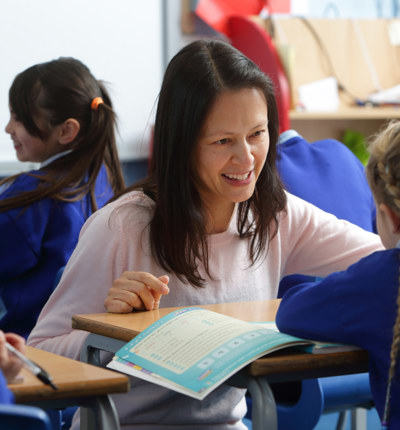
Mandatory legal requirement for teachers to report suspected abuse is needed now more than ever
Solicitor Andrew Lord, who specialises in representing survivors of abuse, discusses the recent case of Jonathan Clayton and argues that the case strengthens the need for mandatory reporting of suspected abuse by professionals working with children.
Posted on 22 April 2020
In February a supply teacher was convicted for sexually assaulting primary school aged pupils between April and May 2019. Jonathan Clayton was found guilty on 4 February 2020 of 13 charges of sexual assault on six girls aged between 7 and 11 years old.
It has been reported that Clayton, from Stockton, had previously been arrested following a similar allegation in another school in 2017. At that time he was charged with a criminal offence, but the evidence was not considered to be strong enough when it came before the crown court and the charges were dropped. It has also been reported that:
- Clayton was placed at his new school by an agency, and the headteacher was not aware of the previous allegation against him.
- The agency who placed Clayton had not been made aware of allegation against him and all the statutory checks were reportedly clear.
- The agency stated that Clayton’s previous school had provided a recommendation for employment.
We mustn’t forget that Clayton’s recent criminal conviction proves that he is a manipulative predator who abused his own position of trust for his selfish gratification. It is unthinkable that a teacher, someone charged with the welfare of children, would act in such an abhorrent way, but sadly this is not the first case of its kind in recent years that I have come across in my legal work.
Clayton has now been held criminally responsible for his actions, but are there wider issues to be addressed in safeguarding children? It is unclear, for example, whether a regulatory investigation took place following the previous criminal charge being dropped, or even whether the relevant regulator had any awareness of Clayton before now. Reviews and investigations may inevitably follow, and it must be acknowledged that there is a necessary balance to be struck when complaints against professionals working with children are unproven or withdrawn. Due processes ought to be followed.
Our abuse team at Leigh Day has previously called for the introduction of a mandatory legal requirement for professionals working with children to report known or suspected abuse; which we understand is something that the Independent Inquiry into Child Sexual Abuse has examined in their work. The Clayton case is evidence that abuse of children is not an issue which is confined to bygone era, and shows that now as much as ever we cannot be complacent as to the safeguarding of children.
At this point we do not know whether a mandatory reporting principle may have made any difference in Clayton’s case. What we do know is that when safeguarding failures occur, it can lead to devastating consequences.


